You are in the middle of a client meeting, presenting information that your client has asked for. As you progress through the material, she periodically stops you to ask for clarification or more details. You respond and move on to the next point. It’s going pretty well. Then, suddenly you notice the time. Yikes! It looks like you are about to run out of time. Quick: what do you do?
If you have a little time left:
- Summarize a few of the less-pertinent items, saving time and helping you get back on track.
- Take a quick time out to let the client know what is happening. Ask if she is willing to run over by a few minutes, or if not, how to proceed.
If you are completely out of time:
Don’t just keep going. Note the situation and ask your client what she would like to do. Offer options such as these:
- Is there some information that can be skipped over?
- Is there some information that can be reviewed after the presentation?
- Could we schedule a follow up meeting, or perhaps a phone meeting to cover the last few items?
Next time:
- Be sure you have scheduled a reasonable amount of time for the content. If not, let the client know what to expect and tailor your content accordingly. For example, you may need to limit the number of topics discussed, or the level of detail, or both.
- During the planning stage, estimate how much time each segment will take. Be realistic; we so often think we can do more than we really can. Build in a little wiggle room for questions.
- Put important items up front so you are sure to get to them. Think about which items will be most important to your client.
- Prepare detailed documents that can be left behind if needed; this will be really useful with clients who want to see all the details.
- Decide ahead of time what items can be ditched if needed. These are often “nice to know” items that can be included in leave-behind materials or in another meeting. Since you already know which ones might have to be discarded, it shouldn’t distract you too much to do so.
- Check time throughout your presentation so you know if you are on track. If you have the habit of checking in at the midway point and then again at about 75% of your time frame, you should be able to finish right on time.
******
They say timing is everything. By planning ahead and staying alert, you should be able to stick within your time frame, projecting a highly professional image to your clients.
I would love to hear from you. How do you manage your time in informal or formal situations?
Author Gail Zack Anderson, founder of Applause, Inc. is a Twin Cities-based consultant who provides coaching and workshops for effective presentations, facilitation skills for trainers and subject matter experts, and positive communication skills for everyone. She can be reached at [email protected].
Web site: www.applauseinc.net
Blog: www.managementhelp.org/blogs
twitter: @ApplauseInc

